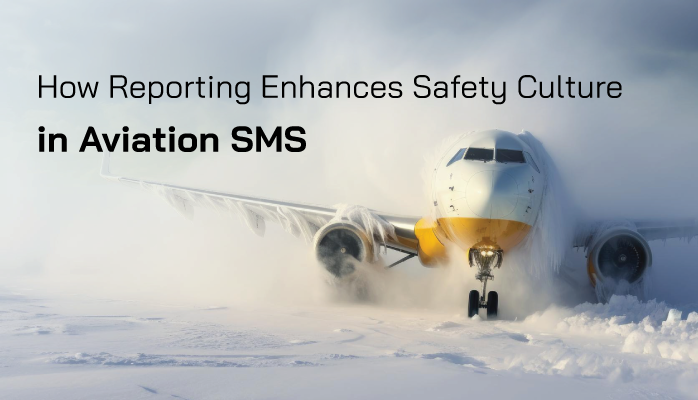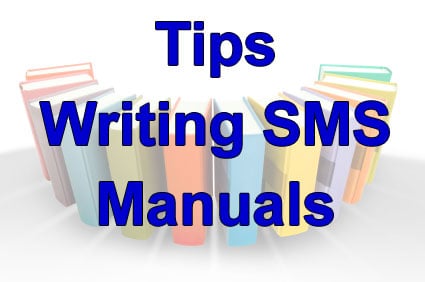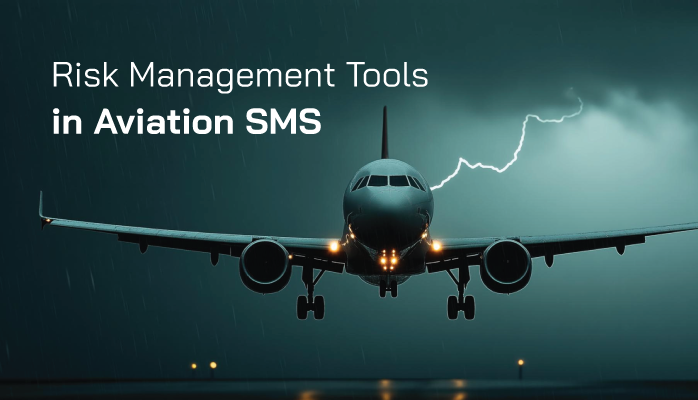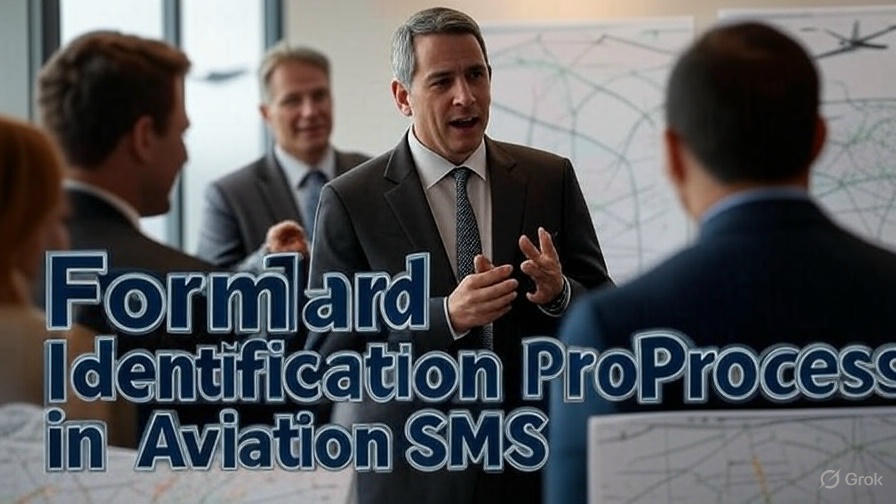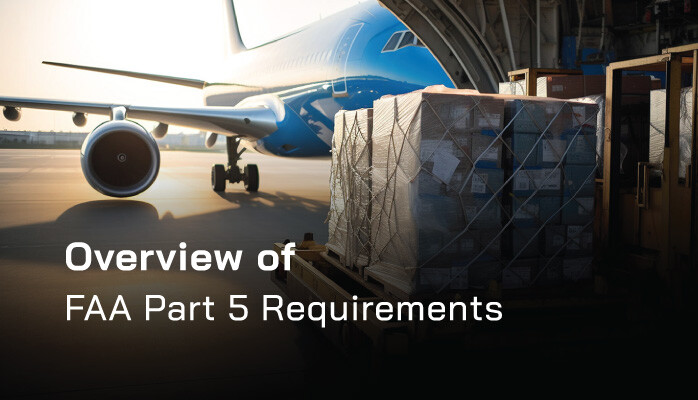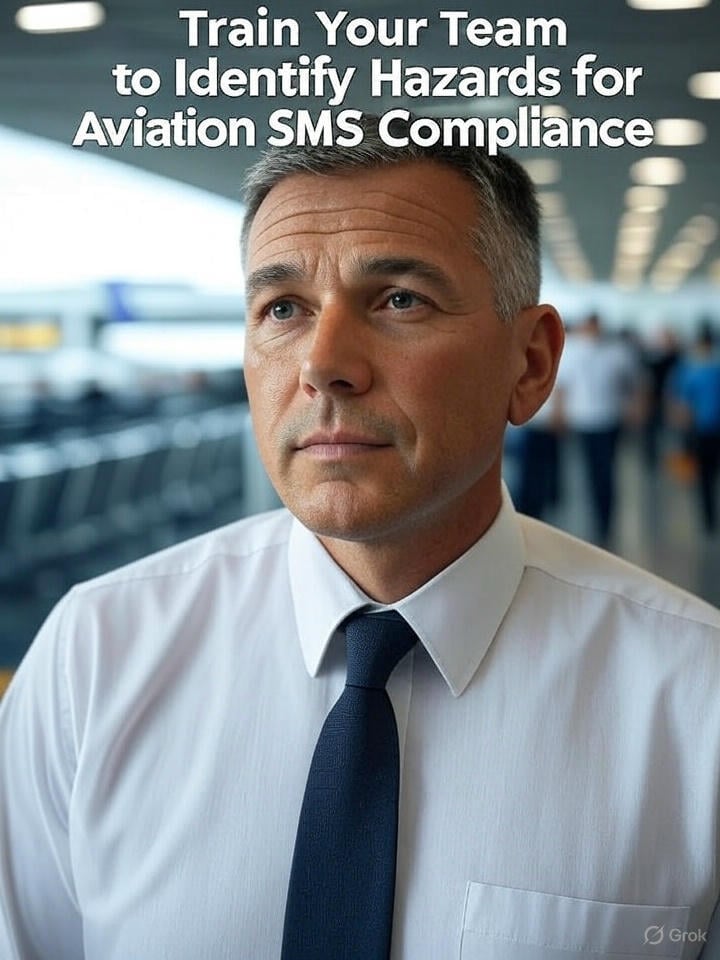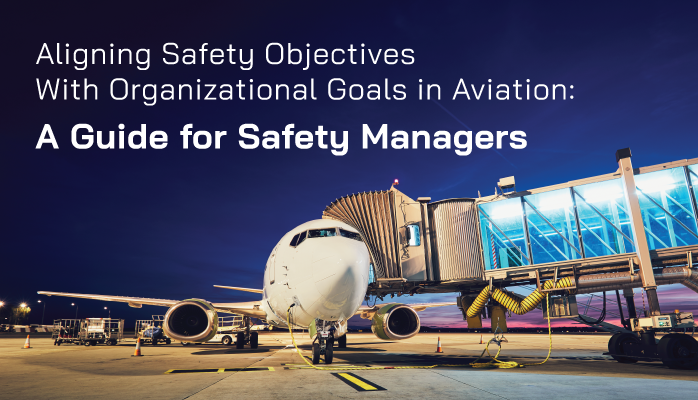Reporting Enhances Safety Culture
In the high-stakes world of aviation, safety is paramount, right after profits. Let's be real, without profits, aviation would not be as popular as it is today.
For aviation safety managers, fostering a robust safety culture is not just a regulatory requirement but a moral imperative. One of the most effective tools for building and sustaining this culture is a strong safety reporting system.
Reporting incidents, near-misses, and hazards empowers organizations to proactively address risks, improve operational safety, and build trust among employees. This article explores how reporting enhances safety culture in aviation, offering actionable insights for safety managers to strengthen their programs.

